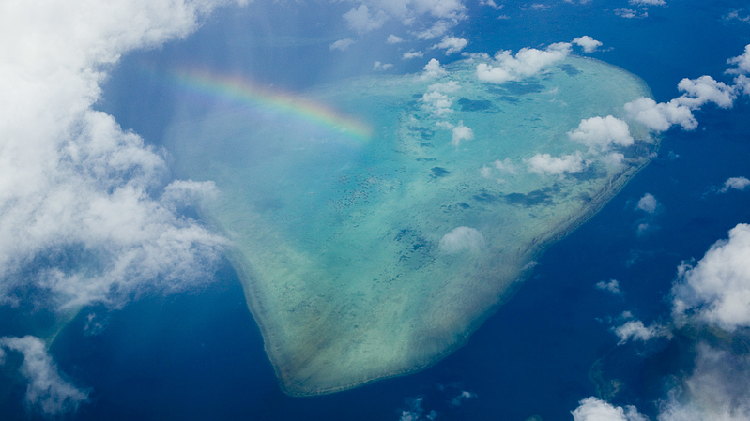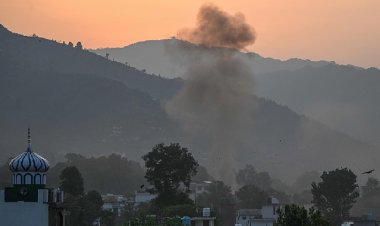World Bank states that rising sea levels could cost Pacific atolls $10 billion
The World Bank has reported that Pacific atolls are facing a staggering $10 billion in costs due to the impacts of rising sea levels.

Kiribati, Tuvalu, and the Marshall Islands rank among the smallest, most isolated, and dispersely populated countries globally, with territories spanning 6.4 million square kilometers of the Pacific Ocean. Residents of these nations live at elevations no higher than two to three meters, as highlighted in the report.
The report noted that a third of the populations in Kiribati and Tuvalu are at risk of descending into extreme poverty due to climate-related shocks like coastal flooding. Additionally, healthcare systems are under strain due to an increase in heat-related illnesses.
A sea level rise of 0.5 meters, which could inundate large areas of these countries, may occur as early as 2050 in a worst-case scenario, or more likely by 2070. The report emphasizes the urgency for governments to implement adaptation strategies immediately.
At the COP29 climate talks currently taking place in Azerbaijan, funding remains a major topic of discussion. The summit's success is likely to be evaluated based on whether nations can agree on new targets for annual financial contributions from wealthier countries, development lenders, and the private sector to support climate initiatives in developing nations.
According to the World Bank report, the Pacific atolls are facing a considerable climate financing gap.
The cost of physical adaptation—such as constructing seawalls, elevating homes, and relocating inland—to address a sea level rise of up to 0.5 meters is estimated to be around $3.7 billion for Kiribati, $1 billion for Tuvalu, and $5 billion for the Marshall Islands.
"This represents about 20 years of current GDP dedicated fully to physical adaptation measures," the report noted.
The estimates do not account for other necessary adaptation expenditures related to health, education, power, and water infrastructure.
Furthermore, the importation of sand and rock for building seawalls and raising or reclaiming shorelines presents additional financial and logistical challenges, the report added.
Rohan Mehta for TROIB News
Find more stories on the environment and climate change on TROIB/Planet Health












